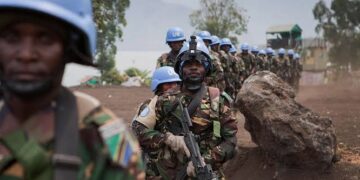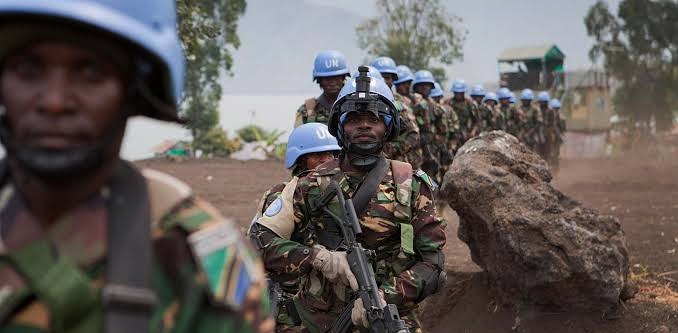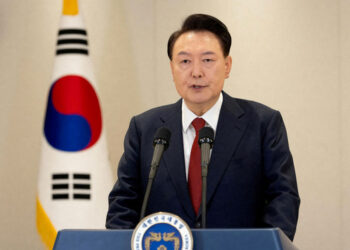The United Nations mission in Mali officially ended its 10-year deployment in the country on Tuesday in a pullout ordered by Mali’s military leaders.
The symbolic ceremony marks the official end of the mission, the mission’s spokesperson Fatoumata Kaba said, even though some elements remain in the country.
“We are leaving, proud of what we have been able to achieve, but also clear-sighted about the limits of our action,” Minusma Chief El Ghassim Wane said.
A “liquidation phase” will follow the withdrawal deadline of January 1, involving activities such as handing over equipment to the authorities.
Wane said that all staff not involved in the liquidation phase will have left Mali by December 31.
Mali’s ruling junta, which seized power in 2020, in June demanded the mission’s departure, despite being in the grip of jihadist violence and other crises.
The UN stabilisation mission has been in place since 2013, and its withdrawal is igniting fears that fighting will intensify between troops and armed factions.
UN officials have always maintained that Minusma’s mission was not to fight militias but to support Malian authorities in stabilising the country, while protecting civilians and human rights.
On Monday, mission chief Wane highlighted the difficulty of operating in a tense security context along with the “high expectations” of the population.
“Inevitably, a gap was going to appear between what the mission could reasonably achieve and the hopes it may have raised. In spite of everything, much has been accomplished,” he said.
Minusma carried out many projects in areas where the Malian state was not present which “made a real difference to the lives of hundreds of thousands, if not millions, of Malians,” Wane had said a few days earlier.
Minusma for the past decade has maintained around 15,000 soldiers and police in Mali.
About 180 members have been killed in hostile circumstances, mostly blamed on armed groups linked to Al Qaeda or the Islamic state group.




































